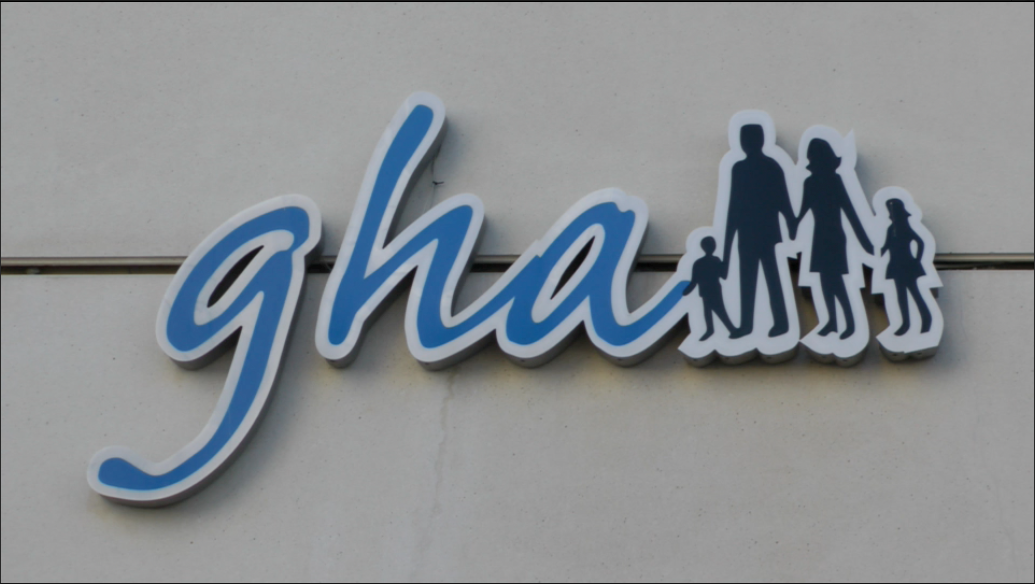Jan 27 - Review Of Gibraltar Breast Screening Programme
 The first round of Gibraltar's breast screening programme, which started in January 2011, was completed last autumn (2013). To date a total of 9631 ladies have been invited with 6280 having attended, and 36 cancers diagnosed as a result.
The first round of Gibraltar's breast screening programme, which started in January 2011, was completed last autumn (2013). To date a total of 9631 ladies have been invited with 6280 having attended, and 36 cancers diagnosed as a result.
The Gibraltar Health Authority's Radiology department has been performing annual audits of the programme. Based on these audits, the Department carried out a review of the process, in particular with regards to the high 'Did Not Attend" (DNA) rate, target age and screening intervals. As a result of the review, the invitation system was changed with the non-attendance rate decreasing significantly since April 2013.
The current screening target age and screening interval have also been reviewed based on a recent independent review carried out in the UK and on a major comprehensive review of European breast cancer screening programmes.
Both these reviews concluded that the benefits of screening programmes in terms of lives saved outweigh the harms caused by over-diagnosis. In other words breast screening programmes are saving lives, but people also undergo unnecessary testing and treatment.
Both studies also concluded that mammography is not as effective in younger pre-menopausal women for detecting cancer and that breast tissue in women below the age of 50 is more sensitive to radiation.
Based on these recent Europeans reviews, the local audit of the Gibraltar Breast Screening programme and the recommendation of the NHS Breast Screening National Training Centre at King’s College London, (the centre contracted by the GHA to double report all screening mammograms performed in Gibraltar), a change of target age and interval in the Gibraltar Breast Screening Programme has been introduced this month. These changes were discussed with the Gibraltar Breast Cancer Support Group before being introduced. The Group fully supports the change in the programme.
Breast screening invitations will now be given to women of ages 40-70, all at 2 yearly intervals.
Women requiring annual mammography due to their strong family history of breast cancer will be separately identified and assessed following UK NICE (National Institute for Health and Care Excellence) guidelines in a dedicated Breast Cancer Family History Clinic which will be run by the Radiology Department.
Health Minister Dr John Cortes congratulated the GHA Radiology Department for the pro-active way in which it has been working to improve the service and reduce risks to patients. "Health care is dynamic", said Dr Cortes.
"We need to keep our programmes under review so that we can produce better results in improving the health of the community. I am also very pleased that the GHA has developed this improvement to the service in dialogue with the Breast Cancer Support Group, a key stakeholder, and whose views are of great value."
The GHA would like to take this opportunity to urge ladies in the 40-70 age group who have not received an invitation, to attend the Radiology Department in order to be included in the Breast Screening Programme.






